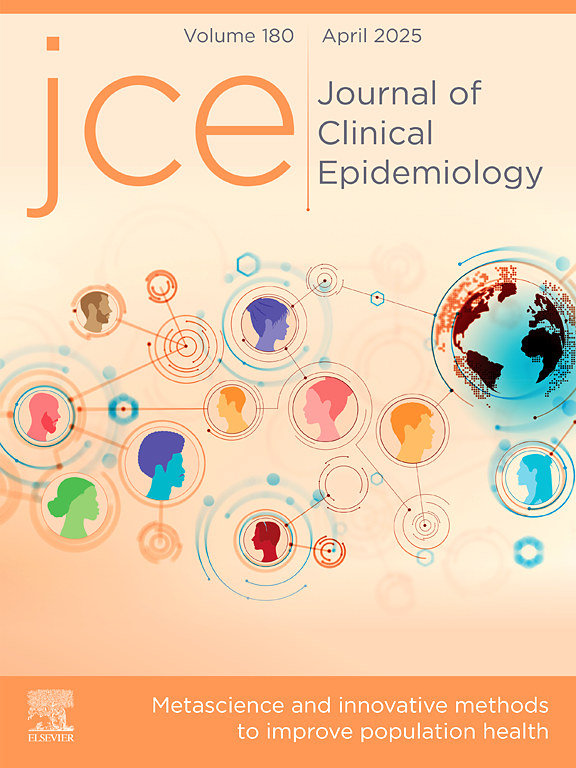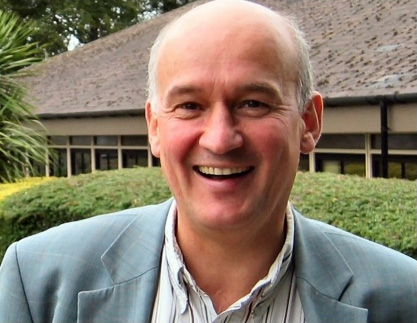An Elsevier journal is investigating a paper by a controversial author after a Retraction Watch inquiry about the article. The article concluded that “placebo effects have a significant impact on observed outcomes” in both placebo and treatment groups in clinical trials.
The senior author of the paper is Harald Walach, whose name may be familiar. In one paper, now retracted, Walach and his coauthors claimed COVID-19 vaccines killed two people for every three deaths they prevented. In a different paper, also retracted, Walach and his colleagues claimed children’s masks trap carbon dioxide; they later republished the article in a different journal. He lost two papers and a university affiliation in 2021.
One of his latest papers, “Treatment effects in pharmacological clinical randomized controlled trials are mainly due to placebo,” appeared online December 27 in the Journal of Clinical Epidemiology.
Walach’s group analyzed 30 clinical trials for each of five conditions — osteoarthritis, depression, migraines, sleep disorders and irritable bowel syndrome — and analyzed the improvement in both the placebo and treatment groups. The authors conclude “that the placebo-effect is the major driver of treatment effects in clinical trials that alone explains 69% of the variance.”
Stephen Rhodes, a researcher at University Hospitals Cleveland Medical Center in Ohio, criticized the study in a letter to the editor in February, citing a “number of errors that lead to some sweeping conclusions.” In the letter, Rhodes wrote those leaps “reflect a misunderstanding of what a ‘treatment effect’ is,” noting that in a placebo-controlled trial, the measure can’t be “due to placebo.”
We asked Gideon Meyerowitz-Katz, a sleuth and research fellow at the University of Wollongong in Australia, to take a look at the paper.
Meyerowitz-Katz called the work “bizarre” and told us the results seem to indicate “simply being in a clinical trial is the main component of healing.” The studies included in the analysis had “very low average treatment effects,” meaning they didn’t show a huge benefit for the interventions tested.
The clinical trials included had another issue: one was retracted in 2018 after journal editors realized all its participants had been enrolled and randomized on the same day. “I do not think that a meta-analysis which includes work retracted nearly a decade ago can be relied on as evidence,” Meyerowitz-Katz said.
When he attempted to replicate the methods, Meyerowitz-Katz wasn’t able to do so. The researchers claimed to have taken one of the formulas from a previous paper; however, the referenced paper used a regression model, and the formula was not listed, he said.
Meyerowitz-Katz also pointed out a potential undisclosed conflict of interest. Walach runs the Change Health Science Institute, which promotes “homeopathy and various COVID-19 conspiracy theories,” he said.
Walach, in response to Meyerowitz-Katz’s comments, called the term “conspiracy theory” “an analytically void terminology, because it is dependent on the political mainstream view, which is in turn dependent on political power.”
He did not respond to any of Meyerowitz-Katz’s critiques of the paper.
Meyerowitz-Katz touched on many of the same issues Rhodes had raised in his letter. Rhodes questioned if the results really suggest there is “limited space for effects due to pharmacological substances,” quoting from the original paper. He also wrote by weighing clinical trials by study size rather than standard deviation, the researchers are “throwing information away.”
The researchers responded to Rhodes in their own letter to the editor, conceding they should have used “treatment response” rather than “treatment effect” in the title “to avoid confusion.” The authors also argued they had demonstrated “whenever a treatment is very effective, so is the improvement in the placebo group and vice versa.”
Retraction Watch sent questions to the Journal of Clinical Epidemiology, including the above critiques of the paper. Andrea Tricco, the co-editor-in-chief of the publication, told us the journal was investigating the concerns and was “treating this as a matter of highest urgency.”
Stefan Schmidt, the corresponding author of the paper, told us his group has been asked to give “a detailed reply within 30 days.”
Like Retraction Watch? You can make a tax-deductible contribution to support our work, follow us on X or Bluesky, like us on Facebook, follow us on LinkedIn, add us to your RSS reader, or subscribe to our daily digest. If you find a retraction that’s not in our database, you can let us know here. For comments or feedback, email us at [email protected].


Walach’s assessment of the credibility of those who use “conspiracy theory” as an argument is valid. There are either errors in the manuscript, or there aren’t.
yes, but….
Claiming that there is a vast coordinated campaign to suppress truth and make people sick, for some unclear underlying reason, is either capable of proof, or it becomes unfalsifiable. If lack of evidence is your evidence, this is a conspiracy theory, and indistinguishable from nonsense.
I am aware of a Dr Malcolm Kendrick asking for the disclosure of the contents of the placebos that are used in any trials. He contends that those ingredients can mimic or mask the true effects of the drug on trial. Apparently placebo ingredients are proprietary recipes of the drug companies and cannot be asked for or revealed? They are not benign sugar pills at all.
This article has now been retracted https://www.jclinepi.com/article/S0895-4356(24)00414-1/fulltext Thanks for covering!